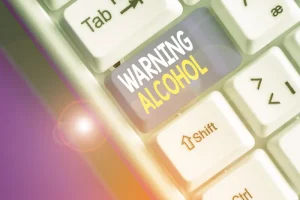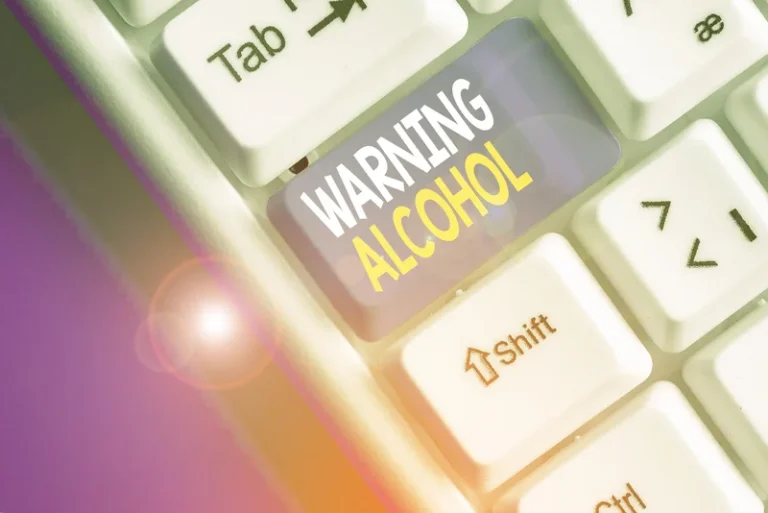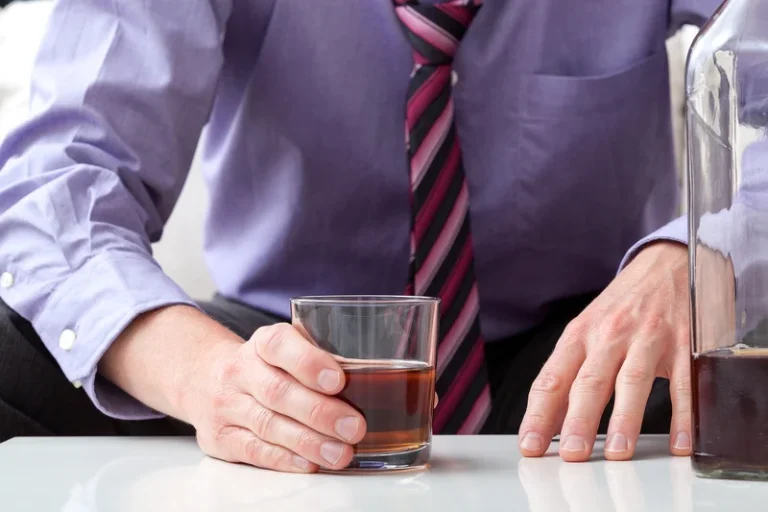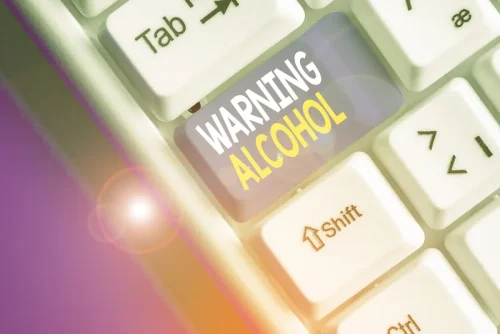
When it comes to quitting drinking, one of the biggest challenges individuals face are alcohol cravings. These cravings can be triggered by various situations, emotions, and old habits, which act as cues to drink 5. Understanding and managing these cravings is crucial for successful recovery.

Find Help At Ingrained Recovery
I will no longer allow you to rob me of who I truly am or create unnecessary chaos in my life. I know I’m better off not associating with you whatsoever going forward and I’m thankful I finally gained the courage to stand up to you and say NO. To be honest, when it’s all said and done, I’m probably the one at fault here. I really think you just wanted to be my buddy in the beginning.
Alcohol Rehab Programs
When seeking support from loved ones, communication is key. Be open and honest about your decision, explaining the reasons behind it. Clearly express your goals and expectations, allowing them to understand the significance of your journey. Educate them about the potential challenges you may face, such as alcohol withdrawal symptoms and the alcohol withdrawal timeline, Alcohol Use Disorder so they can provide appropriate support.

Medications and Behavioral Treatments
- Giving up alcohol has been just one step in this journey of clarity.
- Don’t forget – you probably also had a fun time with other adults during this addiction.
- He has conducted multiple clinical trials examining the use of naltrexone in primary care and other community settings.
- You’ve been the best thief, robbing me of my peace.
- For me, it was such a love-hate bond we had under the false pretense that I “needed” you to have fun, be social or to handle my emotions and stress.
We have a team of accredited professionals who have many years of clinical and research experience. Your treatment plan will be tailored to your specific needs, with both individual and group therapy virtual sessions. The common medication used is Naltrexone, which can be taken orally each day or in the form of a monthly injection.

It’s important to note that severe alcohol withdrawal symptoms, known as delirium tremens (DTs), can occur in some cases. These symptoms include hallucinations, confusion, seizures, and extreme agitation. If you or someone you know experiences these symptoms, it is vital to seek immediate medical assistance.
As a practicing physician, Josh helps manage the NYC Health + Hospitals/Bellevue addiction medicine clinic in adult primary care. If you have a more serious drinking problem, your doctor may recommend an initial spell of more intensive treatment, such as a stay at a residential facility. Start by talking to any doctors, nurses, or therapists you may already be seeing. Talking with an addiction therapist or medical specialist can assist you in your goal to stop drinking. Moderation management is often touted as the most sensible way to prevent alcoholism.
She has lots of friends that she’s helped before and they’ve turned their lives around. Some took longer than others but they all help each other because they’ve been where I am today. Her name is Recovery and she makes me feel good about myself…as a Person, a Father, a Spouse, and a Friend. There is no right or wrong time for this experience.
This signifies the end of the relationship and your commitment to moving forward. Describe how the addiction has been a part of your life. Be honest about both the perceived positives and the real negatives. I hope one day that everyone wakes up to what you really are so that we may all be free of your nonsensical goodbye letter to my addiction way of life. Did you notice towards the end, how much we cried together. We had become such closet companions towards the end.
This requires developing healthy coping mechanisms and creating a supportive environment that encourages your commitment to a life free from alcohol. Remember, managing alcohol cravings is a process that requires patience and perseverance. Developing effective coping strategies, seeking support, and staying committed to your recovery goals are key to successfully overcoming cravings and maintaining sobriety. Exploring alternative coping mechanisms is another strategy for quitting drinking safely. This approach involves finding healthier ways to manage stress, anxiety, and other triggers that may have previously led to alcohol consumption. We publish material that is researched, cited, edited and reviewed by licensed medical professionals.
- You’re very selfish and only concerned with your own well-being.
- Stay up to date with Cranstoun, and how we’re advocating to rebuild lives, inspire transformation and empower positive change.
- There are several options available on the market right now that have successfully helped people in both quitting and reducing alcohol.
- These groups offer a sense of community, understanding, and shared experiences that can be immensely beneficial.
Top 7 Ways to Stop Drinking: How to Quit Alcohol

Alcohol addiction, also known as «alcohol use disorder» (AUD), not only impacts the person struggling with it but also has a profound effect on their families and loved ones 1. Watching someone close to you battle with alcohol addiction can be heartbreakingly painful and frustrating. Above all, hearing the stories of other recovering alcoholics is incredibly uplifting as you start your own journey to sobriety.